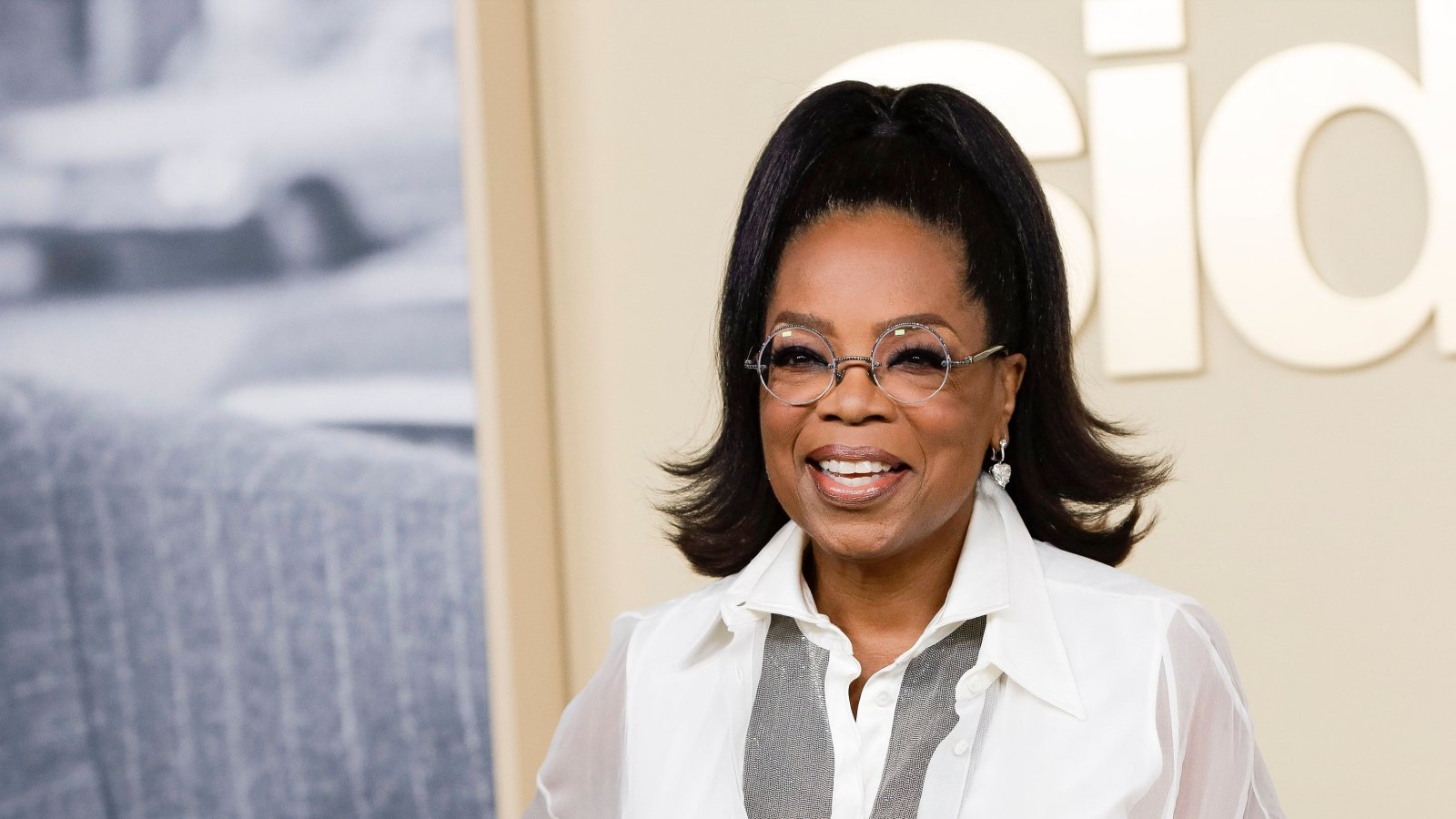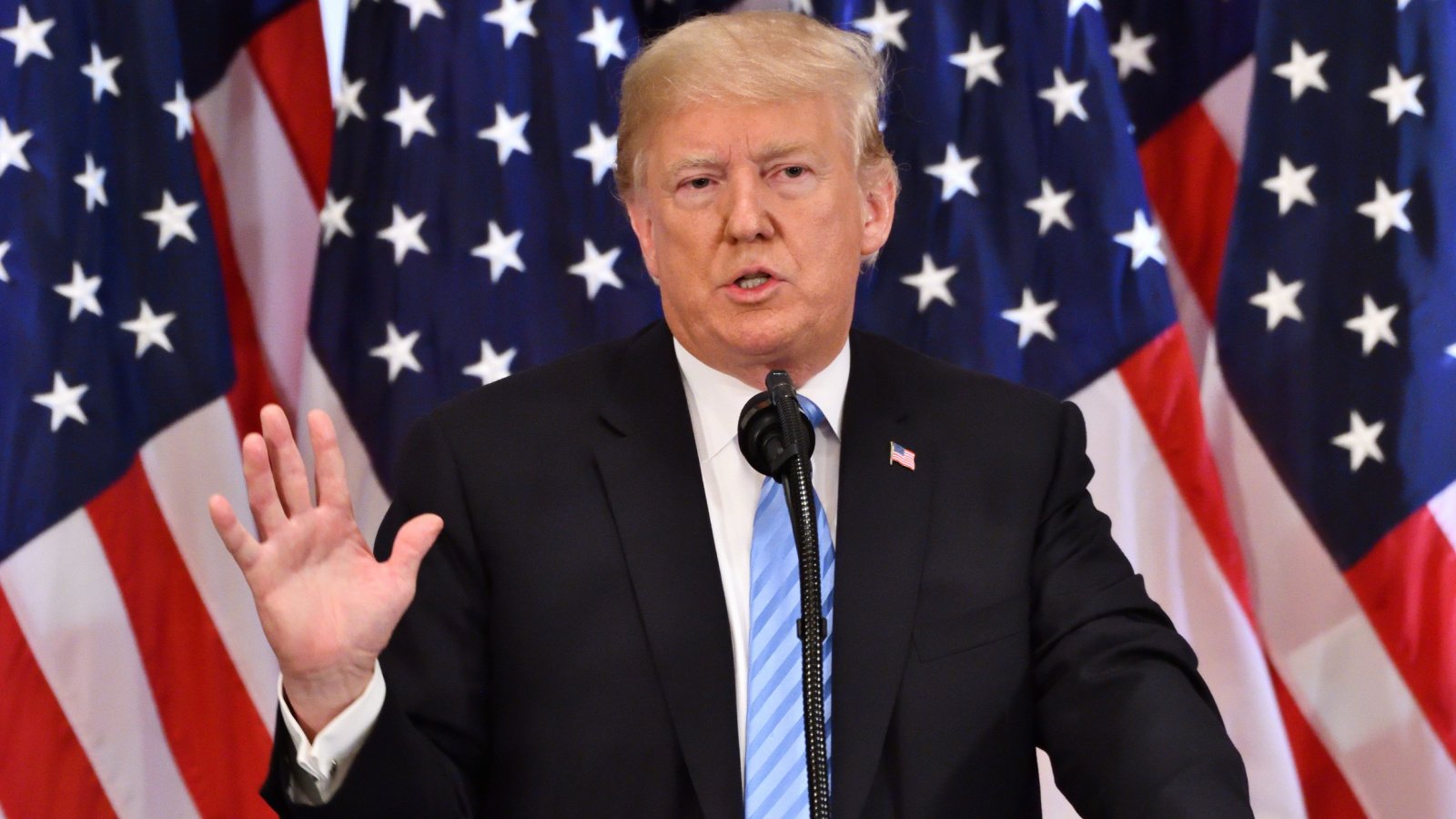A growing percentage of Americans say they do not belong to any organized religion. Explore the reasons for this cultural shift away from religion as we consider the influence of science, social media, and global interconnectivity.
Seeking Science Over Faith

The allure of the tangible and testable has captivated many. Individuals are increasingly turning to science as a beacon of truth, where hypotheses are either proven or disproven. The mysteries of the cosmos, once attributed to divine forces, are now explored through the lens of astrophysics. This shift towards empirical evidence offers a form of certainty that traditional religious narratives struggle to match.
Digital Distractions Abound

In an age where screens dominate our attention, spirituality competes with a constant stream of digital content. Many find their free time consumed by the endless scroll of social media rather than contemplation or prayer. This digital immersion creates a barrier to the introspection and community connection that religions often provide. As a result, spiritual pursuits take a backseat to the immediate gratification of online entertainment.
The Rise of Individualism

Society celebrates the self-made individual, leading many to prioritize personal achievements over collective spiritual experiences. The emphasis on individual success and personal fulfillment often overshadows traditional communal religious practices. In this climate, religion, with its communal rituals and collective identity, can seem at odds with contemporary values. Thus, the path to spirituality becomes a solitary journey rather than a shared voyage.
Interfaith and Multicultural Societies

Globalization has mixed cultures, beliefs, and traditions, creating richly diverse communities. This melting pot environment exposes individuals to a variety of perspectives, encouraging a more inclusive and less dogmatic approach to spirituality. For some, this diversity dilutes the appeal of adhering strictly to one faith, fostering a more universal or agnostic outlook. The beauty of diverse beliefs challenges the exclusivity of religious doctrines, leading to a more open-minded populace.
Questioning Authority

In an era where information is at our fingertips, people have become more critical of traditional sources of authority, including religious institutions. Scandals, historical inaccuracies, and dogmatic rigidity have led to skepticism and disillusionment. This questioning mindset encourages a more personal, less institutionalized approach to spirituality. As trust in religious leadership wanes, individuals seek their own truths, often outside the confines of organized religion.
Environmental and Social Activism

For many, the pressing issues of climate change and social justice have become their primary focus. These activists find purpose and community in causes that, while not religious, offer a sense of meaning and belonging. The immediacy of these global challenges often takes precedence over traditional religious participation, reshaping where and how people find spiritual fulfillment. This generation’s crusade for a better world is their spiritual calling.
The Burden of Busy Lives

Modern life is hectic, with careers, families, and personal pursuits leaving little room for religious observance. The time commitment required for regular worship, prayer, or community service can be daunting for those already stretched thin. As a result, religion becomes one more obligation rather than a respite from the chaos of daily life. This relentless pace pushes spiritual practices to the margins of people’s lives.
The Search for Authentic Experiences

In a world saturated with superficial interactions and curated online personas, there’s a deep hunger for genuine connection and experience. Many find traditional religious services to be out of touch with their desire for authenticity and raw emotion. Instead, they seek spirituality in nature, meditation, or personal rituals that resonate more deeply with their individual quest for meaning. This shift represents a move towards a more personal, less formalized spirituality.
Educational Influence

Higher education encourages critical thinking and exposure to a wide range of philosophies and worldviews. As students explore various ideologies, they often reassess the religious beliefs inherited from their families. This intellectual journey can lead to a redefinition of personal beliefs, sometimes away from organized religion and towards a more eclectic spiritual identity.
The Appeal of Secular Humanism

The philosophy of secular humanism, which emphasizes morality and human welfare without reliance on religious doctrine, has gained traction. Adherents find in humanism a framework for living ethically and meaningfully without supernatural beliefs. This approach satisfies the desire for a principled life and community engagement without the need for religious affiliation. As a result, secular humanism presents an attractive alternative for those seeking a non-religious moral foundation.
Religious Pluralism and Choice Overload

The vast array of religious options can be overwhelming, leading to indecision or a reluctance to commit to any one faith. In a marketplace of beliefs, where every tradition offers its own path to enlightenment, making a definitive choice can feel daunting. This abundance of spiritual paths encourages a more eclectic or non-committal approach to religion, as individuals hesitate to limit themselves to a single creed. The result is a spiritual smorgasbord, where sampling replaces steadfast devotion.
The Legacy of Rationalism

Enlightenment’s emphasis on reason over revelation continues to influence contemporary attitudes towards religion. Rationalist thought, which prioritizes logic and evidence, often clashes with faith-based beliefs that transcend empirical verification. This intellectual heritage prompts many to adopt a skeptical stance towards religious claims, favoring a worldview grounded in reason. The legacy of rationalism thus underpins a growing preference for secularism over spirituality.
Social Media Echo Chambers

Online platforms often reinforce existing beliefs and biases, creating echo chambers that limit exposure to diverse perspectives. Within these digital bubbles, religious views can be either amplified or marginalized, depending on the prevailing norms of one’s virtual community. For those in secular or skeptical circles, the reinforcement of non-religious viewpoints can further distance them from religious engagement. The echo chamber effect thus plays a subtle but significant role in shaping religious attitudes.
The Quest for Inner Peace

Amidst the turmoil of modern life, many seek tranquility and mindfulness through practices like meditation and yoga. These pursuits offer a spiritual dimension that is personal, experiential, and devoid of doctrinal constraints. The emphasis on inner peace and personal well-being resonates with those disillusioned by the dogma and ritual of traditional religions. This inward-focused spirituality represents a departure from communal worship to a more solitary quest for serenity.
Generational Shifts in Belief

Each generation reevaluates the beliefs and practices of its predecessors, often leading to a decline in religious adherence. Younger generations, raised in an increasingly secular and digital environment, may find traditional religious practices less relevant to their experiences. This generational shift results in a gradual but noticeable drift from organized religion as each new cohort navigates its own spiritual landscape.
The Desire for Scientific Answers

The mysteries that religions once explained are increasingly unraveled by scientific inquiry. From the origins of the universe to the complexities of human consciousness, science offers explanations grounded in evidence and experimentation. This reliance on scientific answers diminishes the space for religious explanations, leading many to view traditional beliefs as outdated. The thirst for knowledge, fueled by scientific discovery, reshapes the spiritual quests of countless individuals.
Cultural Shifts Towards Relativism

Postmodernism’s influence has ushered in an era of relativism, where absolute truths, including those offered by religion, are often questioned. This cultural shift encourages a more subjective interpretation of morality, meaning, and existence. As absolutes give way to a spectrum of truths, the definitive narratives provided by religions lose their grip on the collective consciousness. The relativistic ethos fosters a more personalized, less dogmatic approach to spirituality.
The Problem of Evil and Suffering

The age-old question of why a benevolent deity would allow suffering continues to challenge the faithful. For some, the prevalence of injustice and tragedy in the world is irreconcilable with the concept of a loving, omnipotent god. This dilemma drives a wedge between potential believers and religious doctrines that fail to provide satisfactory answers to life’s hardest questions. The struggle with the problem of evil leads many to seek solace and meaning outside of traditional religious frameworks.
Global Connectivity and Exposure

The internet has made the world smaller, exposing individuals to a broad spectrum of ideas, cultures, and beliefs. This global connectivity fosters a sense of shared humanity that transcends religious boundaries. As people encounter and empathize with diverse perspectives, the parochial views often associated with religious dogma become less appealing. The interconnected world encourages a more inclusive, global outlook that diminishes the centrality of religion in defining identity and purpose.
The Pursuit of Happiness as a Priority

Contemporary culture often prioritizes personal happiness and fulfillment over religious or spiritual duties. This hedonistic approach to life focuses on individual pleasure and success as the ultimate goals. As a result, the sacrifices and constraints associated with religious observance can appear as hindrances to personal freedom and happiness. Pursuing immediate gratification challenges the delayed rewards many religious traditions promise.
The Influence of Celebrity Culture

Influencers and stars often set trends and norms in a society fascinated by fame and celebrity. When public figures espouse spiritual but not religious sentiments or openly question or reject traditional beliefs, their vast audiences take note. The glamour and appeal of celebrity lifestyles, which frequently diverge from religious modesty and humility, offer alternative role models for meaning and success. The sway of celebrity culture thus contributes to the broader secularization of society.









Wenn Sie unserer Community beitreten, erhalten Sie nicht nur Zugriff auf viele Titel, sondern werden auch Teil einer sicheren, hilfsbereiten Gruppe.
Unser Casino ist sicher, verfügt über einen einfachen Registrierungsprozess
und bietet Tausende von Slots von bekannten Entwicklern aus der ganzen Welt.
Wir verwenden PSD2, um sicherzustellen, dass die Kunden die sind, für die sie sich ausgeben, und wir unterstützen 3D Secure 2.2 für Karten.
Unser Team bei WinSpirit kann Ihre Arbeit überprüfen und einen Plan für das nächste Level erstellen, wenn Sie lieber sofort Hilfe erhalten möchten.
64% unserer deutschen Nutzer spielen ausschließlich mobil, wobei die durchschnittliche Session-Zeit 33 Minuten beträgt.
Deutsche Spieler bevorzugen zu 67% Video-Slots gegenüber
klassischen Varianten, während 23% regelmäßig Progressive Jackpots spielen. Unsere Quest-Funktionen wie “5 Stars” belohnen Sie mit 10 Freispielen, wenn Sie 5 Tage hintereinander gewinnen.
References:
https://online-spielhallen.de/arena-casino-promo-code-ihr-schlussel-zu-aufregenden-boni/
OpenAI has not revealed technical details and statistics about GPT-4, such
as the precise size of the model. Later reports showed the bug was
much more severe than initially believed, with OpenAI
reporting that it had leaked users’ “first and last name, email address, payment address, the last four digits (only) of a credit card number, and credit card expiration date”.
Shortly after the bug was fixed, users could not see their conversation history.
In March 2023, a bug allowed some users to see the titles of other users’ conversations.
Despite this, users may jailbreak ChatGPT with prompt
engineering techniques to bypass these restrictions.
ChatGPT is programmed to reject prompts that may violate its content policy.
As of 2023, there were several pending U.S. lawsuits challenging the use of copyrighted
data to train AI models, with defendants arguing that
this falls under fair use. In the reinforcement learning stage,
human trainers first ranked responses generated by the model in previous conversations.
The team at AirMed International has pioneered the air ambulance and air
medical transport industry for over three decades.
Patient, Family Thank Flight Crew HARRIS,
NY – November 17, 2025 – In a season of being grateful, former
patient George Krause, accompanied by his family, reunited with LifeNet of
New York’s 7-5 air medical team last Thursday at their
base in Harris. Fred Finnell is the first pilot in Air Evac Lifeteam’s history to reach 4,000 patient flights, an achievement that few in air medical transport ever attain.
We set the standard in the air medical industry.
The leading air ambulance provider in the United States with an unmatched safety record and the best aviation, medical
and communication specialists in the field. ©2024 AirMed International, the
premier air ambulance company and medical evacuation membership program.
References:
https://blackcoin.co/casino-club-erfahrungen/
The total offer goes up to A$2,500 + 250 free spins spread across multiple deposits.
Let’s start with the bonuses, and I’ll get straight to the
point. In my book, Stay Casino is easily among the top 5 best AU casinos right now.
Everything you’d expect is available, including online roulette,
video poker, blackjack, craps… it’s just that you can’t browse
them for some reason. Lastly, I wanted to review some RNG table games before wrapping the game part of my review, but then…
When our reviewers analyze casinos online, they focus on a long list of essential factors.
Online casino gambling is legal and regulated in these US states,
each offering access to licensed operators.
Whether you’re new to online gambling or a veteran player, this resource ensures you can confidently choose safe, legal, and rewarding platforms.
Modern online casino companies know the market and
their customer base well enough to make things as accessible as humanly
possible. In fact, when the first Australian online casino site
came to be, mobile phones could barely even connect to the Internet, let alone handle online casino
slots. Suffice it to say that we are now getting quite
deep in the weeds with our best online casino Australia reviews.
Each game supplier out there has its own idea of what online
pokies should look like.
online slot machines paypal
References:
hrzoom.ca
paypal casino uk
References:
cheongchunplant-as.com